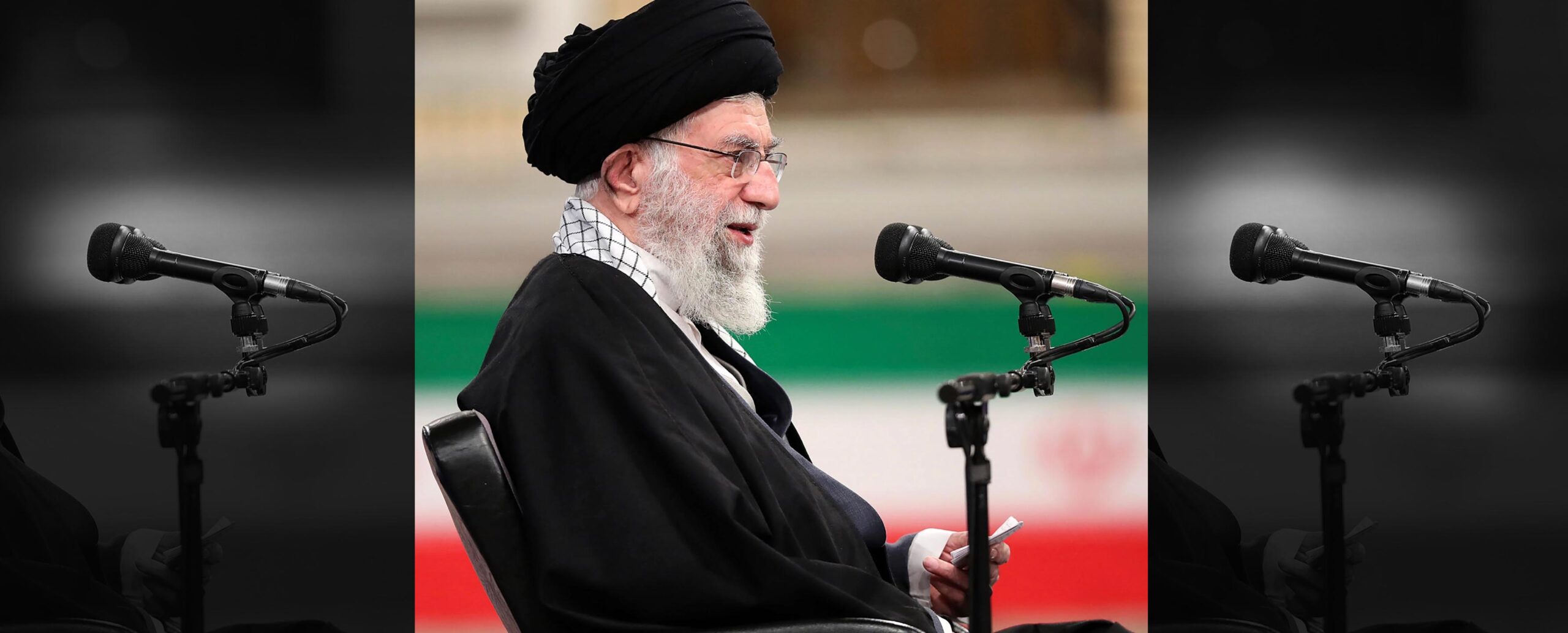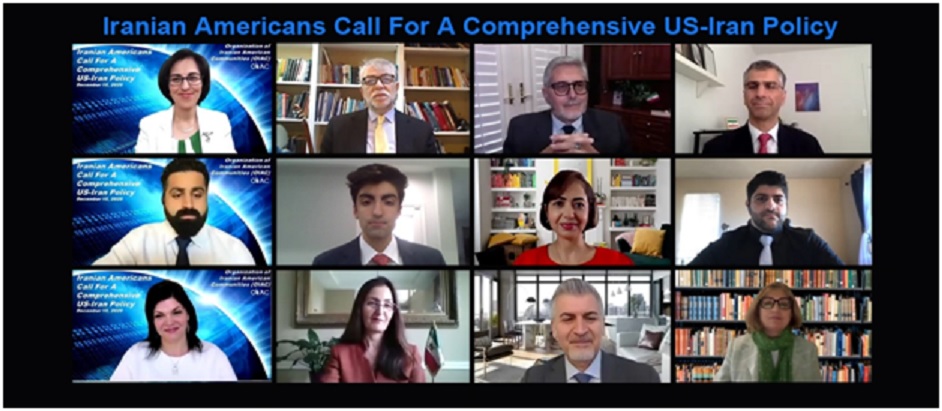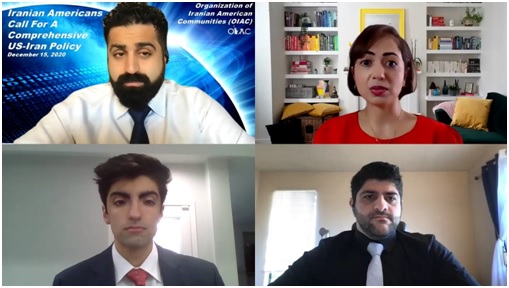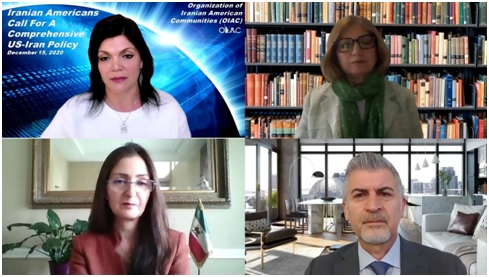Townhall | Ken Blackwell | Oct 30, 202
Human rights usually feature prominently in America’s political rhetoric but fade insignificance when it comes to concrete action. That trend can take a historic turn when it comes to Iran, where a genocidal madman has taken the presidency. That the presidency of Ebrahim Raisi in Iran hasn’t galvanized governments in the West and in the U.S. in particular to pursue his prosecution is still a mystery.
Human rights groups, UN experts, Nobel laureates, scores of elected officials, lawmakers, and journalists have already expressed outrage over Raisi’s rise to power. And justifiably so.
In 1988, Raisi was one of the members of a death squad that systematically implemented the theocracy’s orders to eradicate opponents of the state’s extremist and misogynist interpretation of Islam. Women as young as 13 were put to death because they demanded a secular democracy. And their blood drips from Raisi’s hands.
In the end, 30,000 women and men, imprisoned at the time on political charges, were executed across Iran. Legal experts have described it as a crime against humanity and genocide. The majority of the victims, according to Amnesty International, were members of the main democratic opposition Mujahedin-e Khalq (MEK).
In the 117th U.S. Congress, H.Res.118 referred to the massacre as a crime against humanity and called for accountability. The resolution had 250 co-sponsors, a tremendous sign of bipartisan unity when it comes to America’s moral orientation on human rights.
But that admirable voice must find an expression in concrete action by our government. Otherwise, the Iranian regime and Raisi will thrive on a sense of international impunity by committing more heinous crimes and massacres against innocent civilians.
What does concrete action look like?
For starters, the press and the public must get to know the victims of the heinous massacre that took place in 1988. Many of them are currently in Ashraf 3, in Albania.
Many grieving families of the victims report that they still do not know where their loved ones have been buried. According to Amnesty, the regime is systematically destroying the mass graves that hold these people’s loved ones in order to erase all traces of criminality.
There are also some survivors who recently testified in court in Sweden, where a regime agent is currently on trial for his involvement in the 1988 massacre. Their stories and eyewitness accounts must be told to a wider audience in the U.S.
Second, Washington must heed the calls by UN experts and human rights advocates to immediately start the process of prosecuting Raisi. He should be prosecuted not next year, but today. Justice delayed is justice denied. And justice has been delayed long enough. The appropriate mechanisms of the UN and other international tribunals should be activated immediately, and the accounts of survivors and eyewitnesses need to be documented and publicized.
Third, the voice of Iranian Americans working toward a free and democratic secular republic that respects human rights must be heard. Instead of shaking Raisi’s hands, American officials need to engage the Iranian people.
On Thursday, and on the heels of the G20 summit, hundreds of Iranian American community leaders joined victims of Raisi’s crimes against humanity in Washington, D.C. This extraordinary conference, organized by OIAC, urged the U.S. to lead a decisive policy against the genocidal regime in Tehran.
One of the main speakers was former Vice President Mike Pence. He described Raisi as “a brutal mass murderer responsible in 1988 for the massacre of 30,000 political prisoners. His selection as President is clearly intended to quash internal dissent and intimidate the people of Iran into remaining silent.”
“Raisi … must be prosecuted for crimes against humanity and genocide,” he added.
That is exactly the demand made by the prominent opposition leader and President-elect of the National Council of Resistance of Iran (NCRI), Maryam Rajavi, who also spoke at Thursday’s summit. She said that since the regime is engulfed by a number of existential crises, Raisi was installed to silence all forms of opposition. But, change is inevitable in Iran as a series of nationwide protests in Iran have clearly demonstrated.
Mrs. Rajavi added: “The Iranian people are ready for the regime’s overthrow more than at any other time. It is time for the international community to side with the people of Iran and their desire for change.”
Her point was underlined by Vice President Pence: “There is an alternative, well organized, fully prepared, perfectly qualified and popularly supported alternative called the MEK. … The MEK is committed to democracy, human rights and freedom for every citizen of Iran, and it’s led by an extraordinary woman. Mrs. Rajavi is an inspiration to the world.”
Time is running out. When it comes to human rights, America’s actions should match its rhetoric. Raisi should be prosecuted for his heinous crimes against the freedom-seeking people of Iran. Not tomorrow, but today.


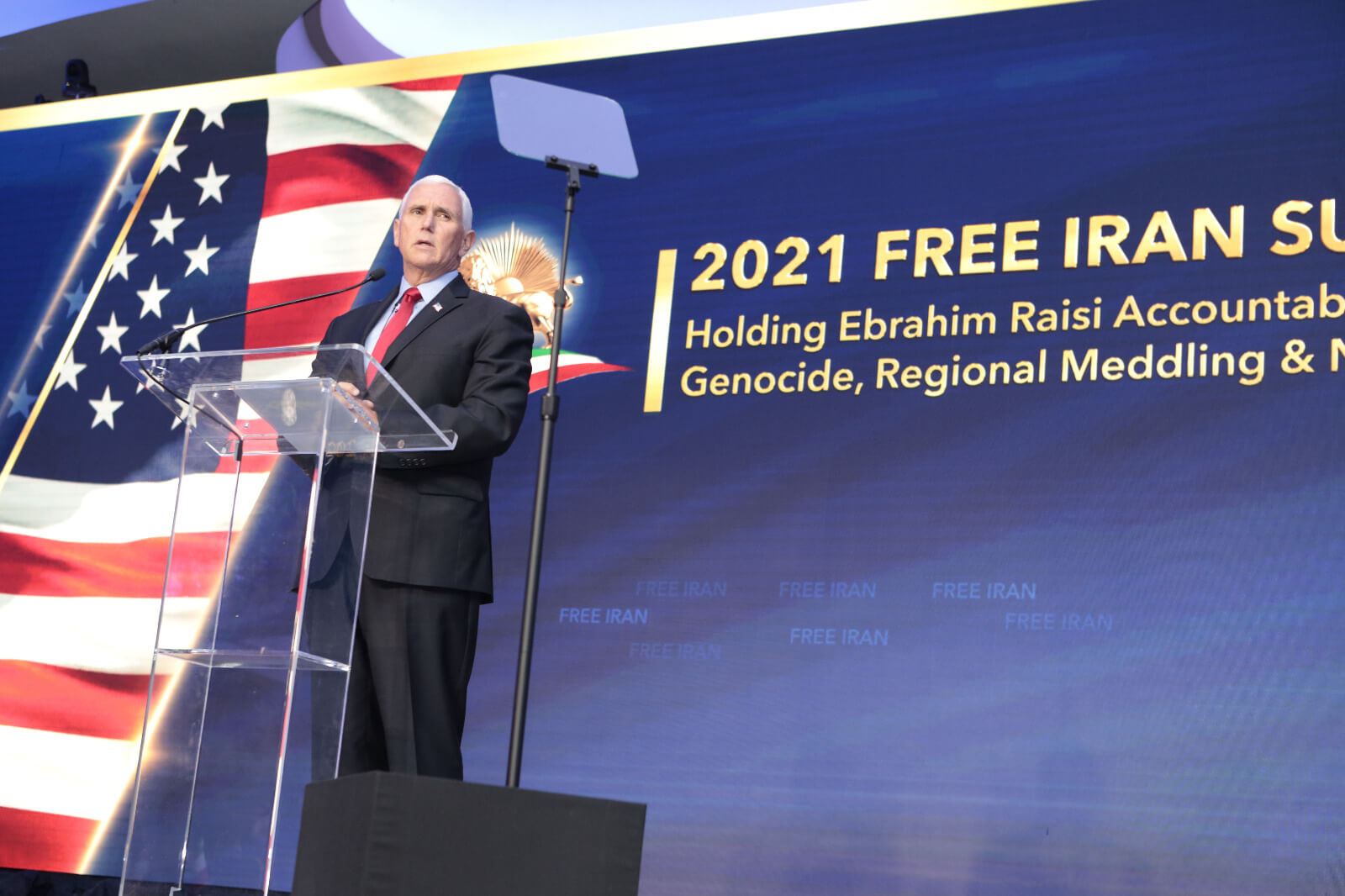
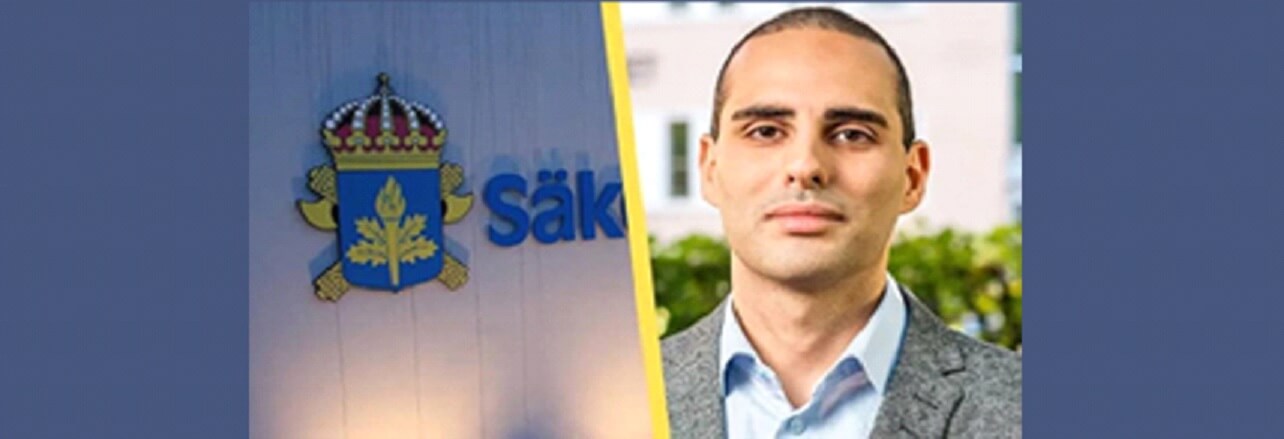



 Soolmaz Abooali (right) represented the United States at the 2016 World Traditional Karate-Do Championships in Kraków, Poland. © Latos Adam
Soolmaz Abooali (right) represented the United States at the 2016 World Traditional Karate-Do Championships in Kraków, Poland. © Latos Adam